Susanna Gómez: "We cooperate for development and not for charity, it is very different and often confused"
For over 10 years now, Children of Africa has been working to dignify the schooling of children in Kinango, one of the poorest areas in Kenya.
In southern Kenya, relatively close to the Indian Ocean, a rural region called Kinango stole the heart of the Children of Africa organisation. It is a small NGO that does great things, with a lot of effort, motivation and dedication to help grow one of the most impoverished areas of the country. We spoke to Susanna Gómez, president and co-founder of this childrNGO born in Figueres, which focuses many of its efforts on the field of education. Susanna has a very clear desire and reveals it in this interview.
Tell us how some friends who wanted to travel around Africa for two months ended up setting up an NGO…
In 2006 a group of friends decided to travel around Africa. We wanted to start with Kenya and first do some volunteer work with a project. We contacted an Italian organisation that cooperated with an orphanage in a village called Likoni. The idea was to travel as backpackers throughout Africa after the volunteering was done, but this experience changed the course of what we had planned. We stayed in Likoni for two months and something had begun.
When did you decide to focus your efforts on the Kinango area?
After the trip we kept in touch with the orphanage and organised fundraising events. The following summer we continued to work there. We had the chance to visit other villages and discovered Kinango, a rural area where there was a great deal of need.
What surprised you about it?
If the orphanage of Likoni already had needs, there everything was multiplied by ten, twenty or a hundred. There were many children without a school, in fact, the school consisted of four sticks with mud that could fall out at any moment. Most of the classes were held outside, without material and with untrained teachers. So, we started working side by side with the communities there and especially with the schools.
And in 2010 you set up Children of Africa…
Yes, we have been registered as an entity for ten years, but we are not all the same. Some are no longer there, others continue, others are in the background and more people have also joined after volunteering.
How can someone join your volunteer programme?
When we receive the applications, we make a selection of ten and train them for three months. We make it clear that we must break with the preconceived idea of what a volunteer is. People think that by simply going to Kenya they are already a development worker, but we believe that this is not the case. When you go to a place for the first time, you don’t know what the needs of the people are, or what they are like. The first contact is to make a cultural exchange. You do work there, but above all you go to get to know the people and the place in order to find out how you can help.
That’s true, we have so many clichés and stereotypes…
All this awareness-rising work is very important to us, and we make great efforts to break down preconceived ideas that are often wrong. There is often confusion between cooperation and charity. We do cooperation for development and not for charity, it is very different and often confused.
What is the main nuance that makes the difference?
At the organisation we believe charity is more important in places in emergency situations. Cooperation, on the other hand, is aimed at people at risk of exclusion. We emphasize this concept a lot, we work as a team and cooperate for development, we do not do charity.
Currently, what projects are you carrying out there?
One of our most important tasks is in the field of education. We focus on the improvement of schools, either by financing infrastructure projects such as the construction of classrooms, toilets or libraries; or by working so that they have access to school material like class books, blackboards, ...
And in the field of health?
We support medical centres that need equipment, we organise free workshops in the villages with health personnel such as ophthalmologists, nurses, oncologists, … and we also run seminars on cancer prevention, epilepsy, maternity or first aid, for example, throughout the year.
What about women?
We have been supporting three groups of women entrepreneurs since 2012. The project came about by chance when a volunteer was teaching us how to make thread bracelets and the women in the village became interested. This gave us the idea to take the bracelets with us to sell them and raise funds - the first year we earned 1,000 eros by selling them for one euro! The women invested it in sewing machines, fabrics, pots and pans and we started making purses, backpacks, bags and headbands. After a while, two more groups of women emerged and followed suit.
I think it’s so beautiful…
Yes, it has become very large and now we reach about 7,000 euros a year with the sale of these products. There are women who have been saving up and now want to buy a piece of land to build a house with rooms to rent. All this has gone very well in promoting gender equality.
Would you say all this has empowered them?
Yes, it has given them self-confidence because they have realised they too can contribute financially to the family. You see that many of them have a different attitude and personality, they participate in talks to which men also go, and they are proud to see them like this.
One of your oldest projects is the sponsorship programme to pay for the children’s studies. How does it work?
It has been running for already ten years. It is a programme of school scholarships for boys and girls. After all these years, there are families here who have managed to pay for the studies of children from primary school to university.
It’s a good way to help them from here.
Yes, and the most flexible way to help them, as you can do multi-sponsorships. Families, co-workers or friends can join for sponsorship. But it is very difficult for us to get this kind of support, most of the people who do it are people who have done previous volunteer work or members of their environment. Many times, a child who has managed to go to primary and secondary school has been left at the gates of university because they haven’t had any sponsors and we are not able to pay for their studies either.
What about the funding you get here?
We almost always organise events to raise funds for specific projects. We organise events, talk to town councils or private companies, we are presented with prizes and we raise funds in various ways. We also receive private donations, especially from volunteers who mobilise their network of acquaintances to raise funds. But this money is usually already allocated to a specific project.
What do you need to improve to be able to assume the cost of needs that arise?
We are just over thirty members, who pay 6 euros a month. We have no reputation, we have no offices, we have no workers, many of us are teachers or students who dedicate our free time to this. We are a highly motivated team. It is true that we have been able to organise events that have had very good results. But we have never done a membership drive and this is one of our weaknesses.
Personally speaking, what would you like Children of Africa to achieve?
In the short term, I wish we could resume everything that we have had to stop this year because of the Covid-19. We were at a very nice level of team feeling, we were supporting loads of projects, we were giving talks in schools here and in Navarra,... everything had to stop. In a year’s time, I would like to get back the state we had in 2019.
And in the long run, Susanna’s wish would be…
I have a very clear wish: I would like that in the Kinango area, where about 600,000 people live, there are no children without a school and no school without classrooms and supplies. That is to say, quality education, access to education for all those people who have not been as privileged as us.
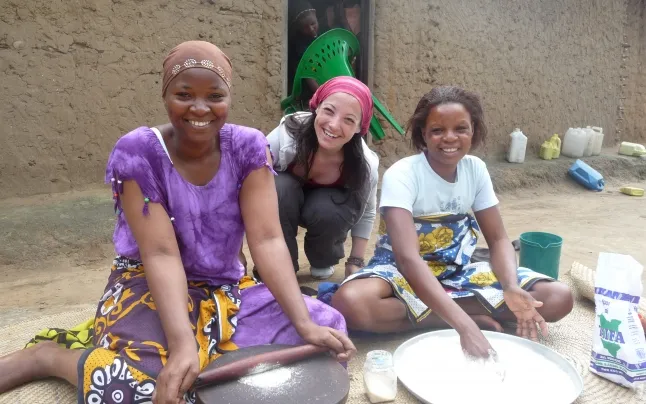
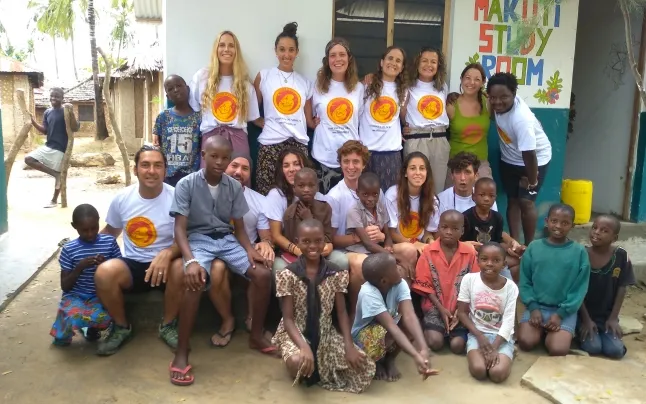
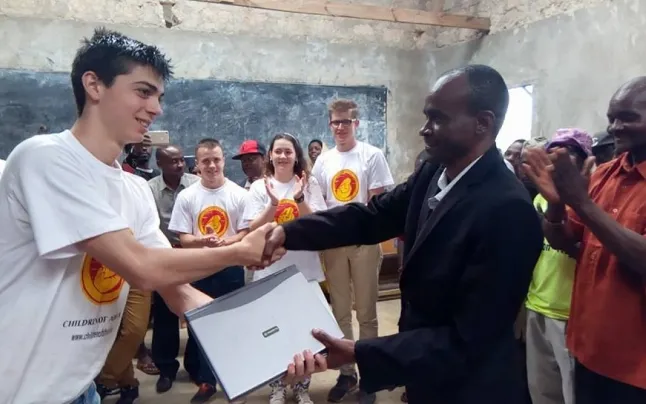


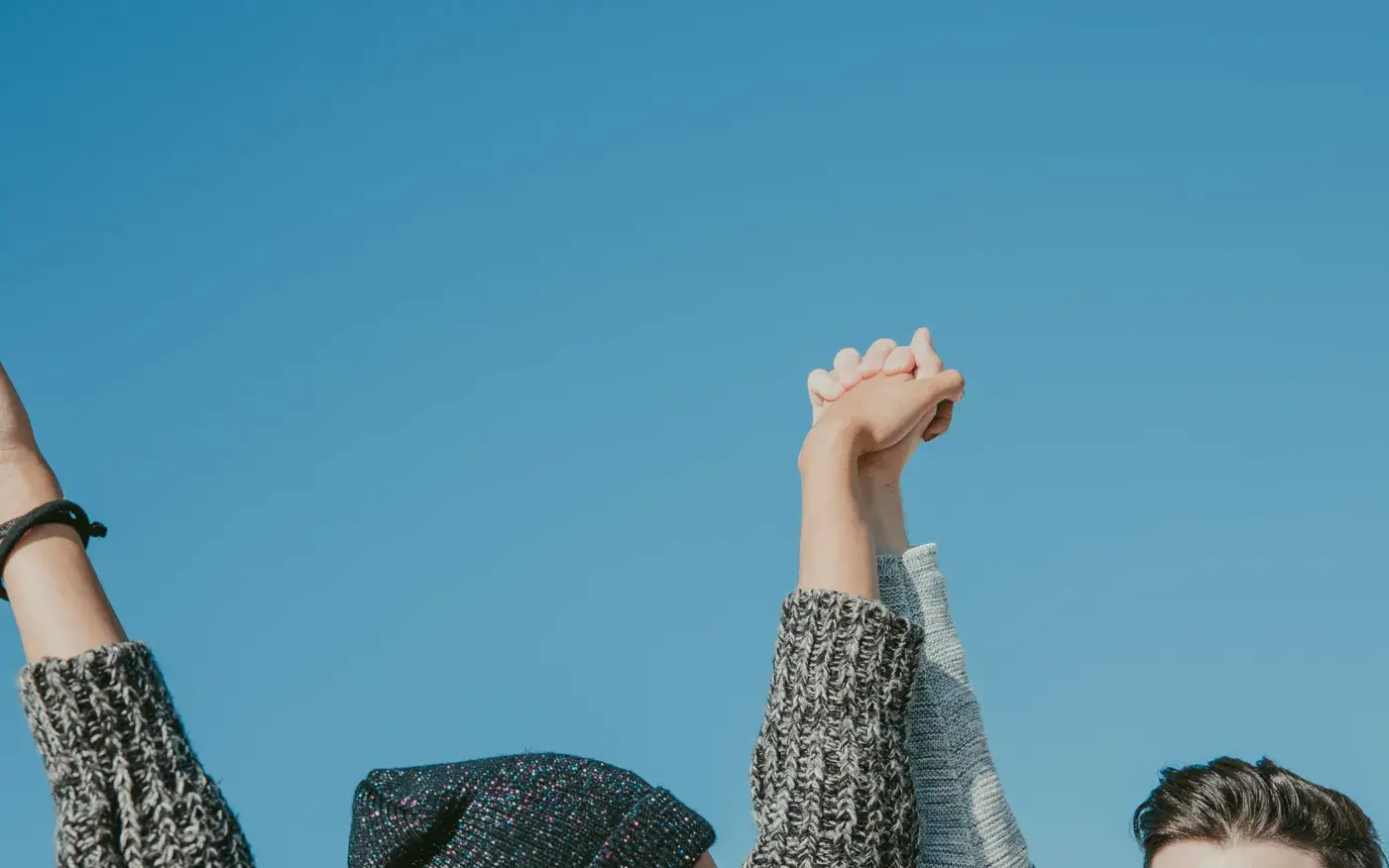
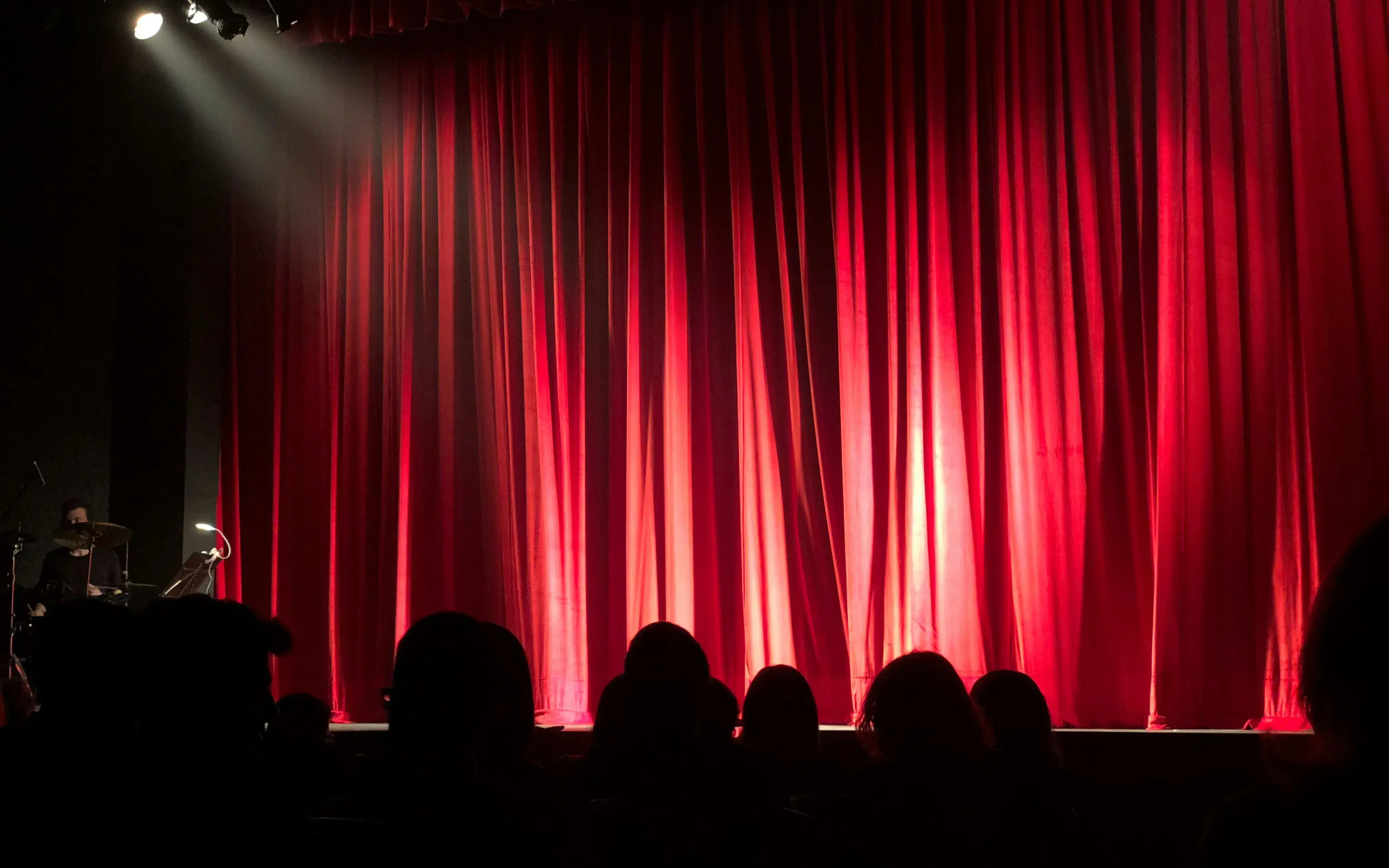
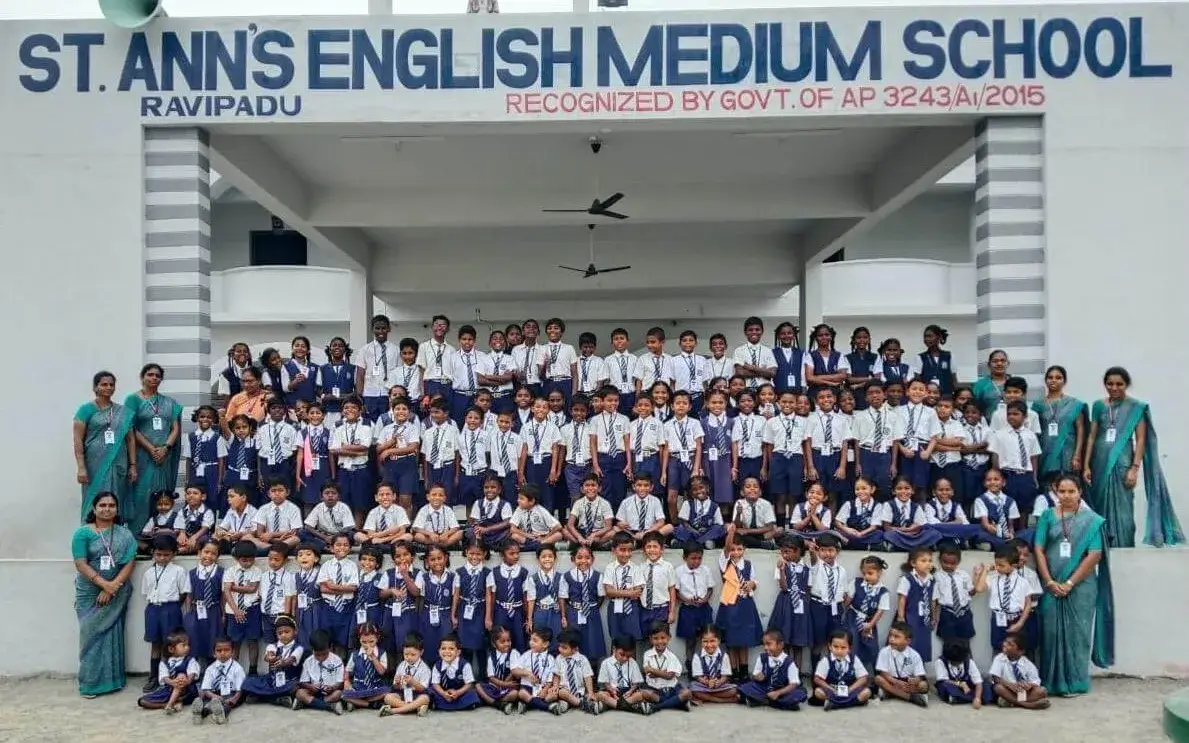
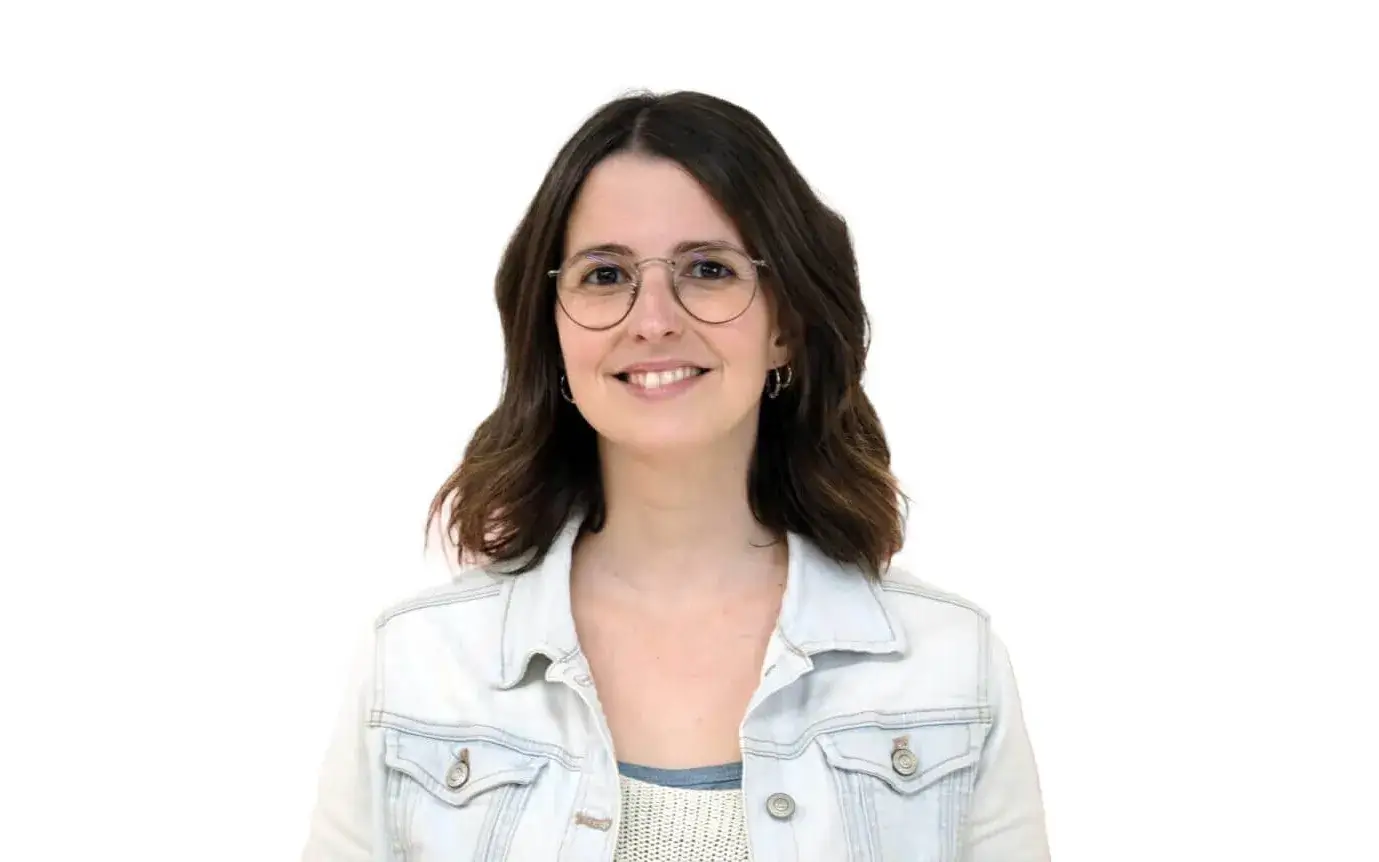
Add new comment